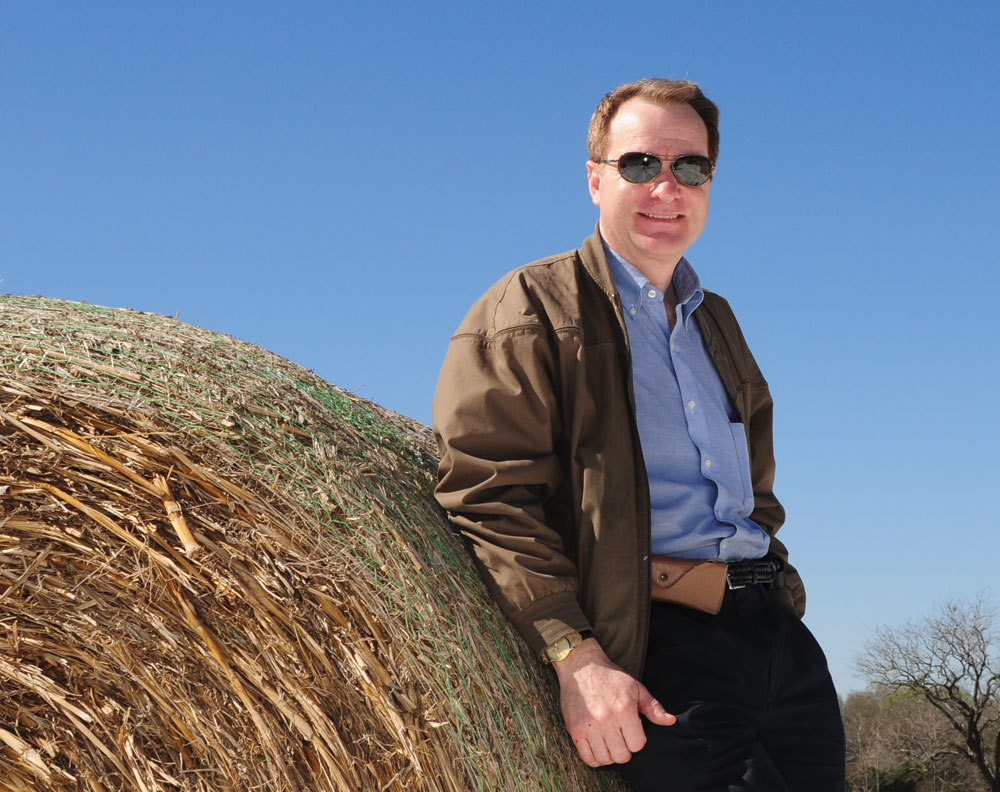Shocking Methods

July 22, 2011
BY Holly Jessen
Put an aqueous slurry of biomass in a pipe and literally shoot it with a shot gun shell. What do you get? A shock wave that disrupts the biomass and makes it more digestible by enzymes. A project to commercialize the technology was awarded $2.3 million by the U.S. DOE. The three-year project, led by principal investigator Mark Holtzapple, a professor of chemical engineering at Texas A&M University, focuses on enhancing the enzymatic digestibility of lignocellulosic biomass for use in a variety of conversion processes for almost any chemical or fuel, including ethanol, he tells EPM.
Lime and air has been used for two decades to help reduce the lignin and acetyl content of biomass and make it more digestible by enzymes, Holtzapple explains. Although a shot gun shell is sufficient at laboratory scale, a more cost-effective means will be needed at industrial scale. “The treatment takes literally a second, so a small vessel can process large volumes of biomass; therefore, it is not expensive,” he adds.
The funding is part of $36 million passed out to six projects to advance technology for drop-in advanced biofuels and other biobased chemicals. “Projects such as these are helping us to diversify our energy portfolio and decrease our dependence on foreign oil,” Energy Secretary Steven Chu says.
Advertisement
Advertisement
The five other projects funded include:
• Michigan Biotechnology Institute, Lansing, Mich., up to $4.3 million for improvements to a pretreatment process for stable conversion-ready intermediates compatible with long-term storage and ease of transfer.
• General Atomics, San Diego, Calif., up to $2 million to reduce energy, capital and operational costs for algal fermentation processes.
Advertisement
Advertisement
• Genomatica Inc., San Diego, Calif., up to $5 million for an engineered organism and optimized fermentation process for conversion of cellulosic sugars to 1,4-butanediol.
• HCL CleanTech Inc., Oxford, N.C., up to $9 million to demonstrate process improvements for pretreatment, conversion to sugars and conversion of those sugars to diesel products.
• Virent, Madison, Wis., up to $13.4 million to develop a fully integrated process that can efficiently and cost effectively convert cellulosic biomass to a mix of hydrocarbons for jet fuel.
—Holly Jessen
Upcoming Events





